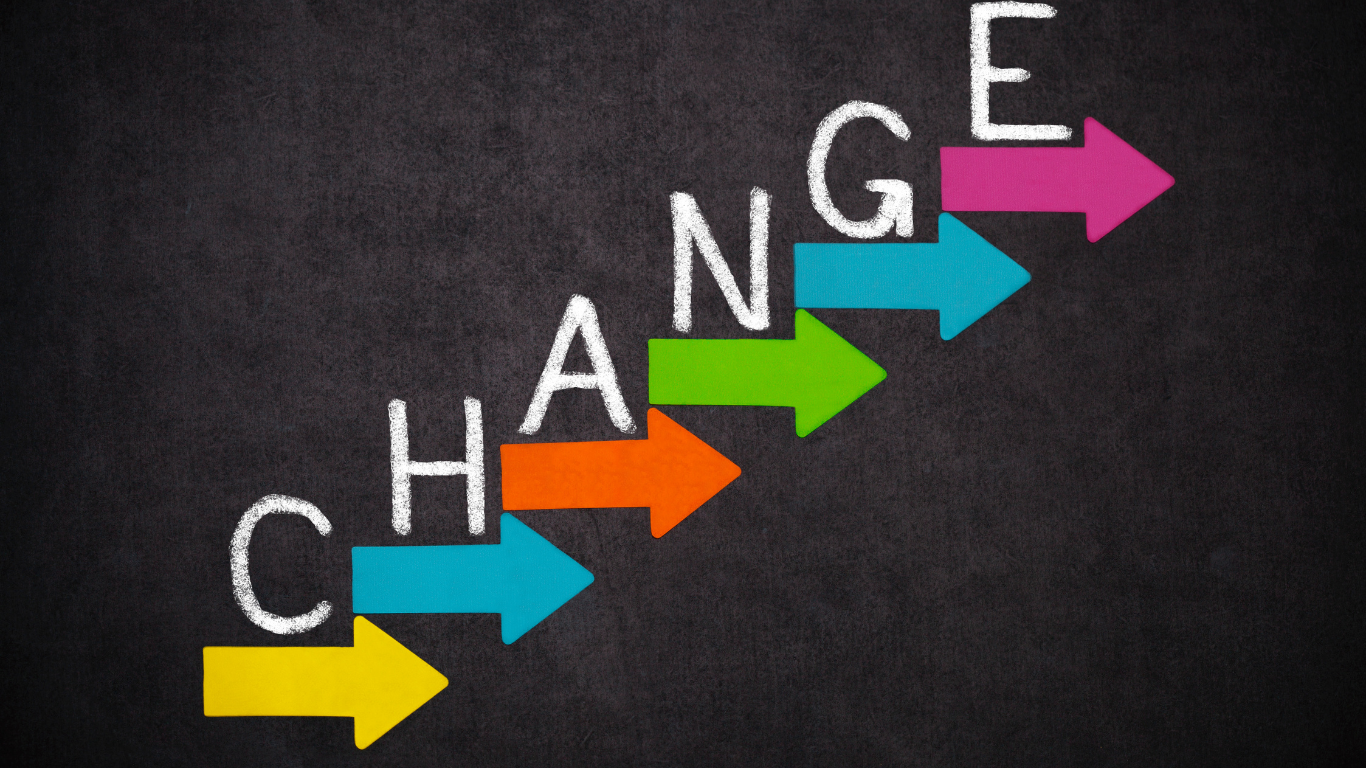
When I was developing my listening skills to earn the RLP® designation, I was struck by the power that my listening had on my partner. While I have been developing my listening and different types of listening over the years, I’ve continually learned so much about the nuance of listening that I’m amazed at how much more there is to learn. During my training, a story was shared with the group that really landed for me. It involved a husband and wife who attended a function during which the husband decided to just bring his acute listening skills to his interactions with other attendees. He shared how he moved around the room and focused on just his listening skills. He spoke little and simply listened and demonstrated his listening through body language and by being completely present with each person with whom he spoke.
When the couple prepared to leave the function, guests were so enamored with him that they were all excited about this incredible guest they met and wanted to meet again. He went with no agenda and only the goal of being a good listener. The key takeaway: Listen and take interest in others and they will remember and appreciate you long after you’ve gone.
By contrast, one must be discerning about self-protection when listening to others so as not to allow others to emotionally dump on them. Another account of a “good listener” I recently heard, was about a colleague of mine who allowed themselves to be fully present for the speaker who proceeded to dump their problems onto my colleague. By the end of the conversation, my colleague shared how worn out they were and how the speaker droned on to such a degree, that when my friend walked away, they felt as though a load of garbage had just been poured all over them. Not enough focus on self-protection was taken in that instance.
For this reason, we must take care of ourselves so that we do not feel as though we become a dumpster for others to drop their woes upon us. In these situations, it is important to set boundaries for ourselves. Here are a few thoughts to consider when in a position to listen so as not to be overloaded with the challenges of others:
- Set limits on how much time you can afford to give to others. Let the speaker know up front how much time you have to give. Then be your word. When we do not hold to our boundaries we are telling the other person that they have the power to override our boundaries.
- When others have shared their boundaries with you, be sure to acknowledge that boundary before you cross it. You might say something along the lines of, “I just noted that our time is almost up. Are you in a position to allow this conversation to continue?” Should the person say yes, ask how much more time they have, and hold to it? Should they say no? Be sure not to continue. That other person will respect you more and will most likely not avoid speaking to you in the future.
- Set limits on what the topic will include and what it will not include. Avoid being the person who takes the other for granted and move into topics that were not agreed upon. This is a great opportunity to share an agreed-upon agenda and stick to it. I have found myself breaking this rule with my team. It doesn’t put you in the category of respecting those with whom you work.
- When you do flounder, be sure to apologize and make an effort not to repeat the offense. Particularly in business, the fastest way to lose the respect of others is to become a repeat offender. The rule of thumb here is that when you are out of integrity. Acknowledge it, and check to see whether there is anything you can do to get back in integrity with the other person. Then listen and commit to correct the error.
Learn how becoming a better listener can Differentiate Yourself from your peers.









